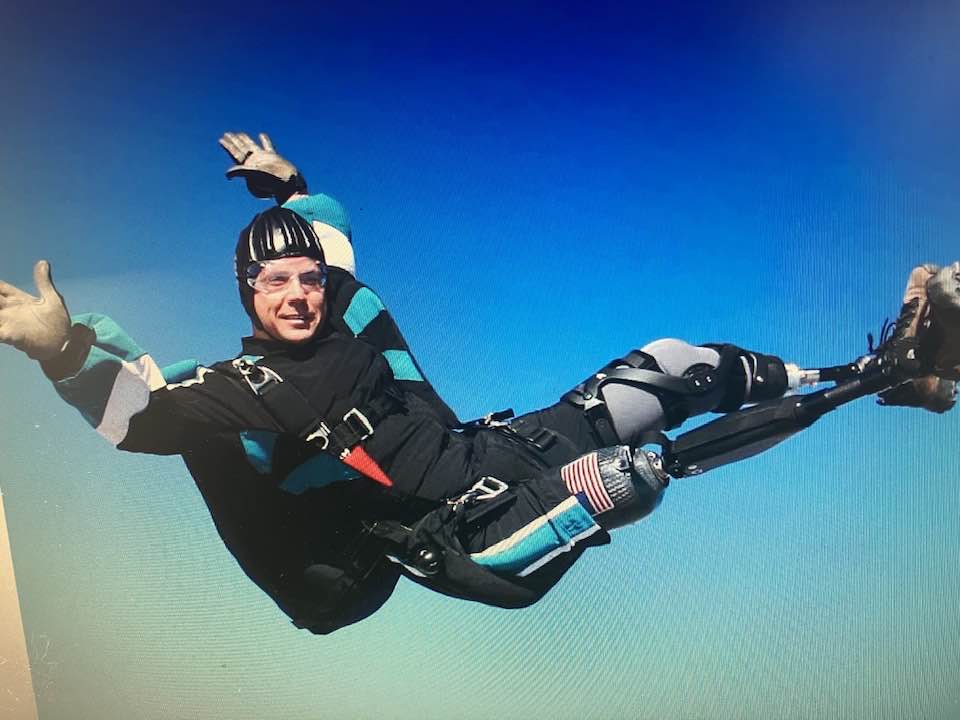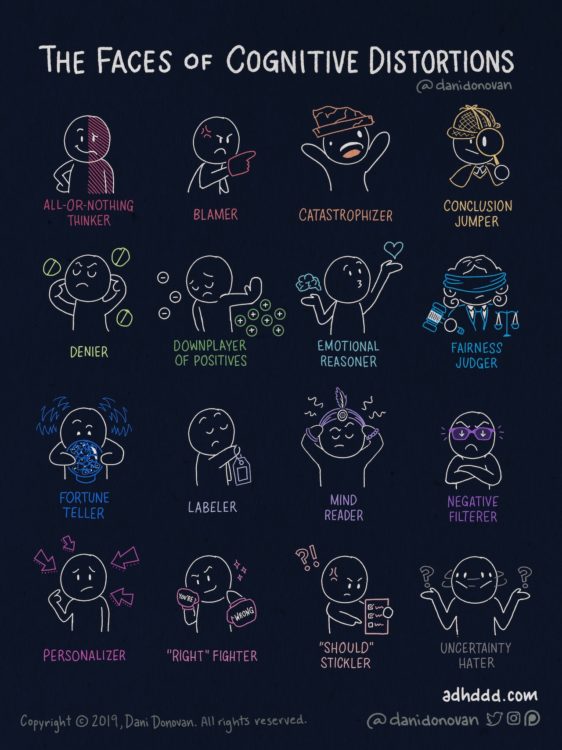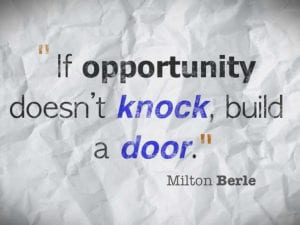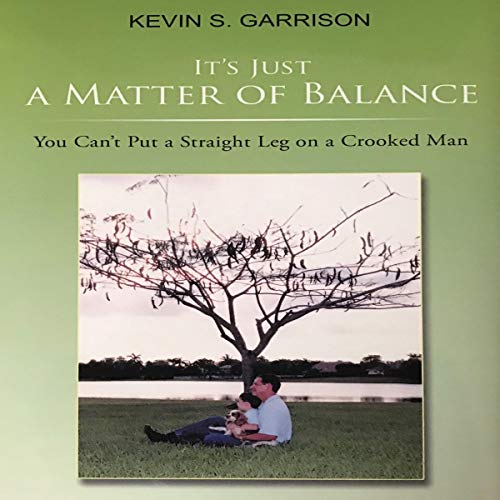Things Amputees Can Do To Extend Their Lives

There are things amputees can do to extend their lives. This article will address growing old gracefully with your amputation. Ever notice you never hear anyone talk to you about amputations and aging? Though we don’t have much control over aging, we do have some power over the way we see ourselves. As you age, you may face feelings of depression, helplessness, financial problems, pain, and other medical or health problems. Unless you encounter these issues and take care of your problems, being an amputee will not make this better.
Change overall is a tricky thing. Imagine living decades with the way your body has looked, using your limbs to do things without much thought. Now, what you might have taken for granted, has to be looked at differently, and you have to readjust to this crazy world. Growing old gracefully with your amputation takes awareness and some perseverance.
The Older You Get The More You Have Dealt With Your Loss
You have accepted your limb loss in your waking hours, but you still dream of having your missing limb. You have to figure out how to deal with your anger, sadness, and helplessness in your dreams. Since amputation is a grief process, this may take some time. The good news is that as time passes, the feelings of loss will be less intense. Dream interpretation is not a parlor game and can help immensely. It is all different aspects of growing old gracefully with your amputation.
Things Amputees Can Do to Live Longer
You can learn to cope with life differently by changing the way you think. Do not deny your feelings; it means that you will need to look at your life and limb loss differently. Are you willing to do this? Are you ready to see that you can learn new ways of doing and being authentically in your everyday life? You aren’t as helpless as you believe. You might have lost a limb, but you have not lost yourself or your ability to voice what you are thinking and feeling. Walking every day will help you physically and emotionally.
Growing Old Gracefully With Your Amputation
Your thoughts may say, “Now that I am an amputee, I look different. Losing a limb means that I am a different person and that all I was in the past has disappeared.” But is this true? Of course, you look different now, and there are changes and adjustments that you will have to make as an amputee. But are you all that different?
Before your amputation, was your physical appearance the only feature that mattered? Probably not. Indeed, you are far more than your physical appearance. You have skills, talents, and characteristics like compassion, integrity, love, understanding, etc. Are these parts of you less critical than your limb loss? This is growing old gracefully with your amputation.
Don’t isolate yourself. Many studies have shown that lonely people often suffer from more health problems. If you are nearing retirement age or are already retired, it may be a great time to revive an old hobby or interest or learn something new. You might also like to volunteer in your community. When people are active and “giving back,” they usually feel more fulfilled and less lonely. They are also more likely to feel better about their lives in general.
Healthy Ways for How to Deal with Amputation
There are healthy and unhealthy ways to cope with an amputation. Growing old gracefully after your amputation. For example, refusing to deal with the reality and impact of your amputation is an unhealthy way to cope. Here are some healthy ways for how to deal with amputation:
- Accept and acknowledge your feelings: Whatever the feelings are, do not ignore them — even the negative ones. Acknowledging the good and bad feelings is the first step in dealing with them. Instead of forcing yourself to always be positive, allow yourself to be sad or angry if that is how you feel — and remind yourself that you are allowed to feel that way.
- Focus on the journey: Rehabilitation from an amputation does not have a timeline. It varies for everyone and can take years. Emotional rehabilitation is often a lifelong task, so focusing on the end goal is rarely helpful. Instead, learn to appreciate your progress so far and try not to obsess over how far you still have to go. Rehabilitation consists of millions of baby steps and each little step is progress worth celebrating.
- Find a purpose: Whether it is spiritual or altruistic or just for fun, find something that makes you excited to wake up in the morning. Some people like to volunteer with organizations that help amputees while others take up hobbies to master. Whatever it is, find just make sure it makes you glad to be alive and working towards recovery.
- Learn to think of yourself in a new way: Instead of focusing on what you can no longer do, try to focus on everything you can still do — and have learned to do since the amputation. Rearranging how you see yourself can boost your mental health and self-confidence and help normalize amputees for others.
- Talk to other amputees: No matter how well-meaning your loved ones and rehabilitation team are, unless they are amputees as well, they will not know what it is like for you. Support groups for amputees can be a space in which you can truly feel like your experience is understood because the chances are that other amputees have been through it as well. They can also provide relevant coping mechanisms that non-amputees have not considered. These are the ways to grow old gracefully with your amputation.




